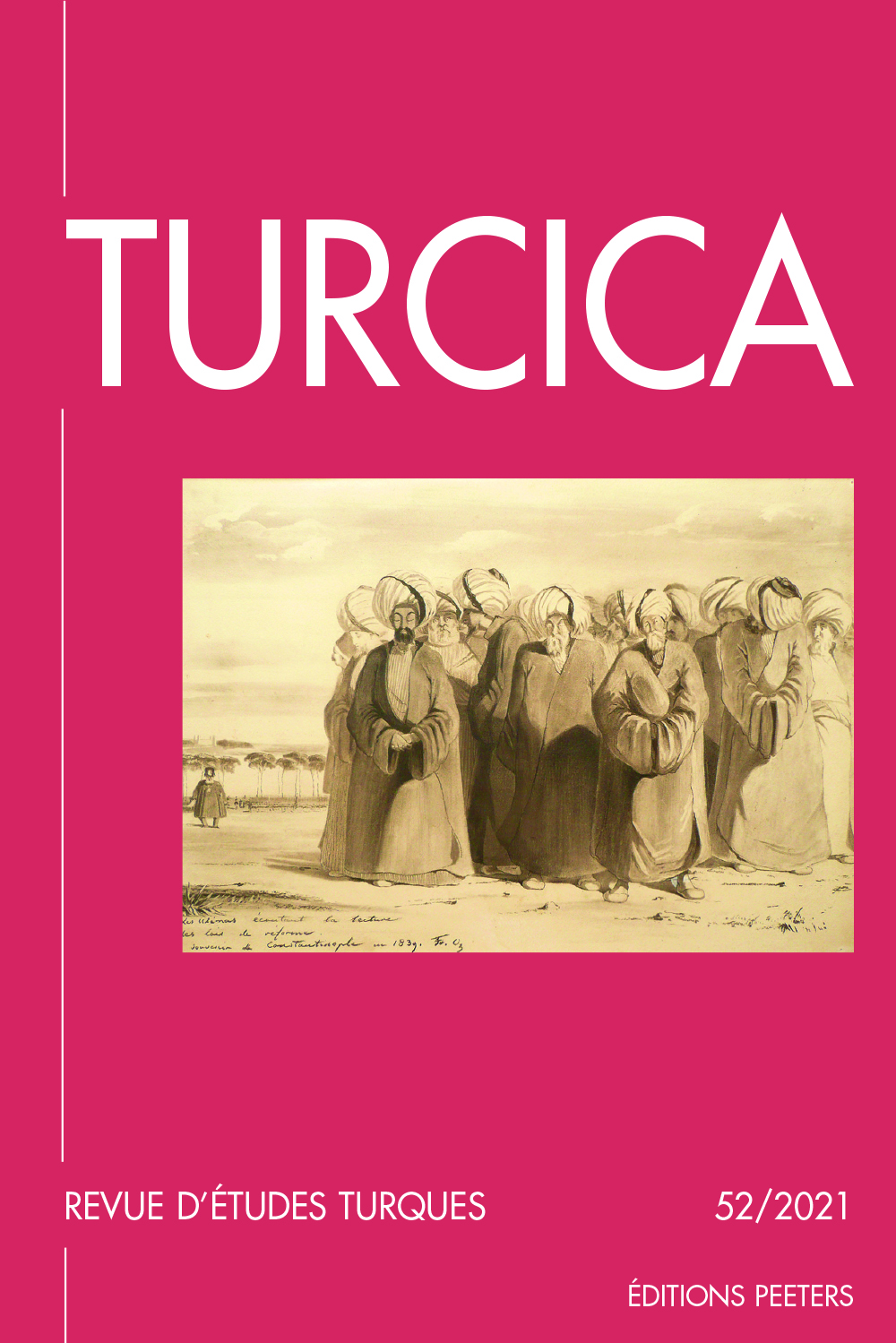 previous article in this issue previous article in this issue | next article in this issue  |

|
Document Details : Title: The amiras and the Ottoman Empire, 1880-1923 Subtitle: The Case of the Gulbenkians Author(s): CONLIN, Jonathan Journal: Turcica Volume: 48 Date: 2017 Pages: 219-244 DOI: 10.2143/TURC.48.0.3237140 Abstract : The contribution of the amira or merchant elites of the Ottoman Empire to the empire’s development was highly contested in the decades around 1900. Ottoman Armenian amiras dominated imperial finance and international trade, as well as coordinating the introduction of new crops and industrial technologies. Integrating the Empire in a globalized world, however, led to accusations by non-Armenians that the amiras were guilty of condemning that same Empire to a subservient state of clientage, while fellow Ottoman Armenians increasingly viewed the amiras as unpatriotic collaborators. Drawing on a wealth of new archival material from one leading amira clan, this article attempts to move beyond nationalist narratives, revealing the amiras’ multiple identities as the vanguard of a globalizing world. La contribution des amira (grands négociants) au développement économique de l’Empire ottoman était une question controversée dans les années 1880-1920. Les amira ottomano-arméniens ont joué un rôle important dans la finance et le commerce impérial, en coordonnant l’introduction des nouvelles technologies et cultures. En même temps, on les a accusés d’avoir condamné l’Empire à la sujétion économique des Grandes Puissances, tandis que leurs concitoyens arméniens les accusaient d’être trop fidèles au régime. Cet article se fonde sur les archives d’une famille amira pour tenter d’aller au-delà des questions de loyauté et de nationalisme, pour découvrir l’identité multiple des amira: l’avant-garde d’un monde globalisant. |
 |
